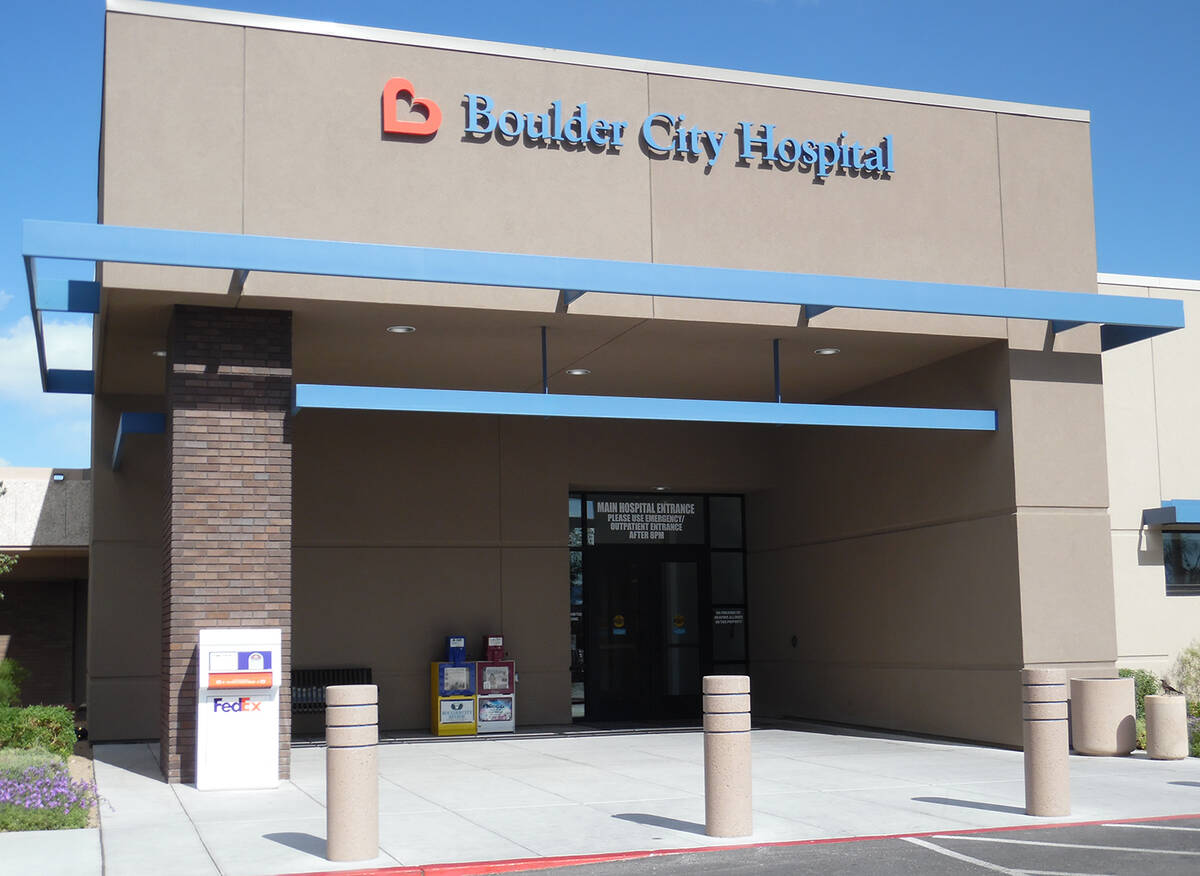Children also impacted by COVID-19
The COVID-19 pandemic continues its impact on everyone, especially children and adolescents, according to the results of a recent study.
The Centers for Disease Control and Prevention, in cooperation with NORC at the University of Chicago, an objective, nonpartisan research organization, conducted a study called the COVID Experiences Surveys or CovEx. To obtain results, they used the AmeriSpeak panel, a panel designed to be representative of the U.S. household population.
The first CovEx survey looks at the impact of COVID-19 on the health, mental health and well-being of children between the ages of five and 12, as reported by their parents or legal guardians. The second survey, administered directly to adolescents ages 13-19, will directly reflect the experiences of adolescents themselves.
Our nation’s youth continue to struggle with their mental health, and the increasing number of students reporting feeling sad and hopeless is of growing concern for experts in the field.
■ During 2009-2019, CDC’s Youth Risk Behavior Survey found significant increases in the percent of U.S. high school students who experienced persistent sadness or hopelessness, made a suicide plan and attempted suicide.
■ More than one in three students reported persistent feelings of sadness or hopelessness in 2019, representing a 40 percent increase since 2009 (26.1 percent to 36.7 percent).
■ Poor mental health is associated with other health risks, both during adolescence and into adulthood, including risk for HIV and other sexually transmitted diseases.
■ Young people who feel hopeless about their future are more likely to engage in behaviors that put them at risk of HIV, STDs and unintended pregnancy.
The CovEx surveys, for parents and adolescents, will be repeated with the same respondents six months after the initial survey. Both will explore how the following factors had been affected by COVID-19:
▶ Children ages 5-12
Physical and mental health; emotional well-being; health services; educational services; health-promoting activities and behaviors; and psychosocial stressors and adverse experiences.
▶ Adolescents ages 13-19
Mental health status; parental monitoring and communication; school and family connectedness; experiences with racism; health services (delayed, access to); experiences with violence; and substance use.
▶ Parents of children 5-12 years
Experiences with COVID-19; psychosocial stressors, coping and resilience; and access to health and educational services for child.
For more info visit CDC.gov.
To Your Health is provided by the staff of Boulder City Hospital. For more information, call 702-293-4111, ext. 576, or visit bchcares.org.
















